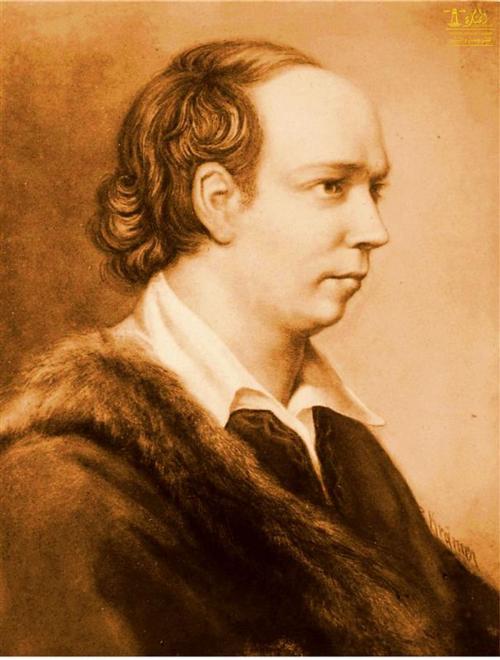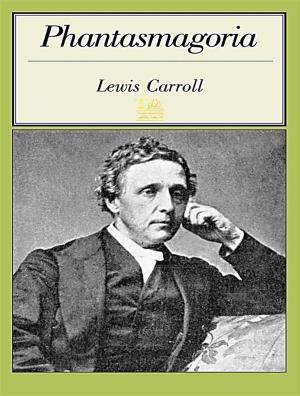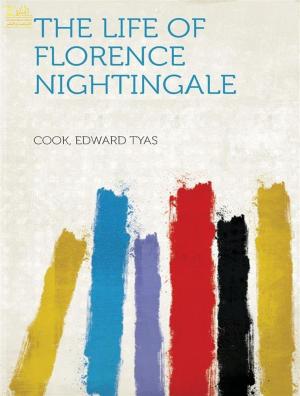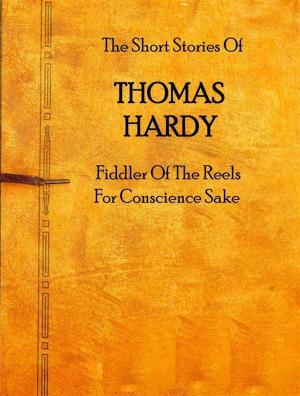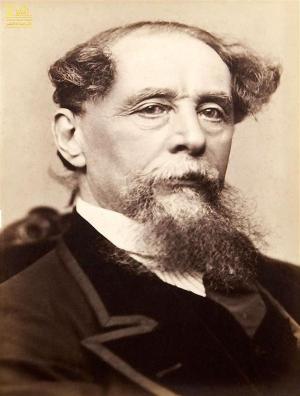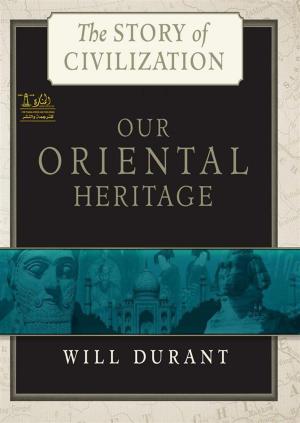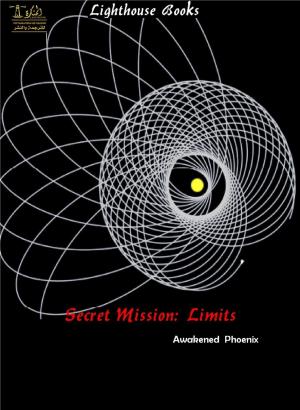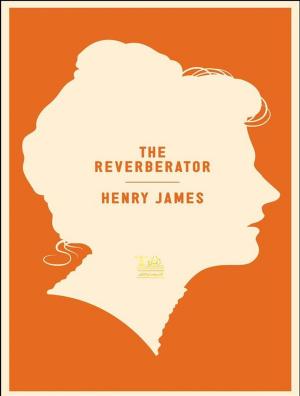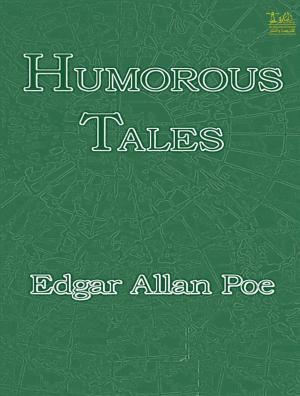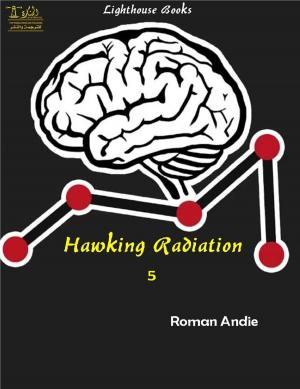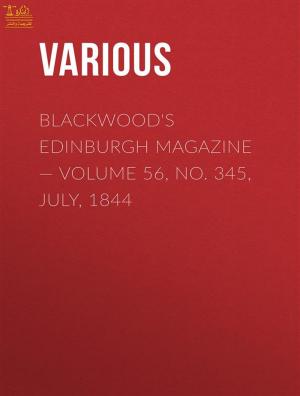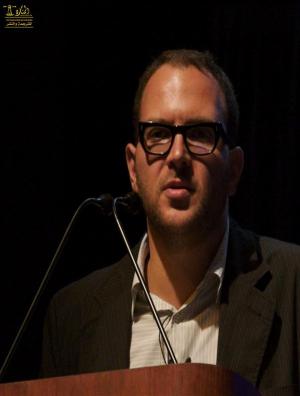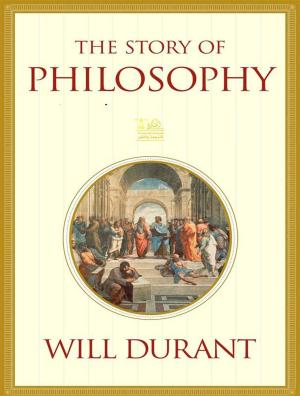The Complete Poetical Works of Oliver Goldsmith
Nonfiction, Entertainment, Drama, Anthologies, Fiction & Literature, Literary Theory & Criticism| Author: | Oliver Goldsmith | ISBN: | 9780599621954 |
| Publisher: | Lighthouse Books for Translation and Publishing | Publication: | August 27, 2019 |
| Imprint: | Language: | English |
| Author: | Oliver Goldsmith |
| ISBN: | 9780599621954 |
| Publisher: | Lighthouse Books for Translation and Publishing |
| Publication: | August 27, 2019 |
| Imprint: | |
| Language: | English |
The Complete Poetical Works of Oliver Goldsmith
Oliver Goldsmith, (born Nov. 10, 1730, Kilkenny West, County Westmeath, Ire.—died April 4, 1774, London), Anglo-Irish essayist, poet, novelist, dramatist, and eccentric, made famous by such works as the series of essays The Citizen of the World, or, Letters from a Chinese Philosopher (1762), the poem The Deserted Village (1770), the novel The Vicar of Wakefield (1766), and the play She Stoops to Conquer (1773).
Goldsmith was the son of an Anglo-Irish clergyman, the Rev. Charles Goldsmith, curate in charge of Kilkenny West, County Westmeath. At about the time of his birth, the family moved into a substantial house at nearby Lissoy, where Oliver spent his childhood. Much has been recorded concerning his youth, his unhappy years as an undergraduate at Trinity College, Dublin, where he received the B.A. degree in February 1749, and his many misadventures before he left Ireland in the autumn of 1752 to study in the medical school at Edinburgh. His father was now dead, but several of his relations had undertaken to support him in his pursuit of a medical degree. Later on, in London, he came to be known as Dr. Goldsmith—Doctor being the courtesy title for one who held the Bachelor of Medicine—but he took no degree while at Edinburgh nor, so far as anyone knows, during the two-year period when, despite his meagre funds, which were eventually exhausted, he somehow managed to make his way through Europe. The first period of his life ended with his arrival in London, bedraggled and penniless, early in 1756.
Goldsmith’s rise from total obscurity was a matter of only a few years. He worked as an apothecary’s assistant, school usher, physician, and as a hack writer—reviewing, translating, and compiling. Much of his work was for Ralph Griffiths’s Monthly Review. It remains amazing that this young Irish vagabond, unknown, uncouth, unlearned, and unreliable, was yet able within a few years to climb from obscurity to mix with aristocrats and the intellectual elite of London. Such a rise was possible because Goldsmith had one quality, soon noticed by booksellers and the public, that his fellow literary hacks did not possess—the gift of a graceful, lively, and readable style. His rise began with the Enquiry into the Present State of Polite Learning in Europe (1759), a minor work. Soon he emerged as an essayist, in The Bee and other periodicals, and above all in his Chinese Letters. These essays were first published in the journal The Public Ledger and were collected as The Citizen of the World in 1762. The same year brought his Life of Richard Nash, of Bath, Esq. Already Goldsmith was acquiring those distinguished and often helpful friends whom he alternately annoyed and amused, shocked and charmed—Samuel Johnson, Sir Joshua Reynolds, Thomas Percy, David Garrick, Edmund Burke, and James Boswell. The obscure drudge of 1759 became in 1764 one of the nine founder-members of the famous Club, a select body, including Reynolds, Johnson, and Burke, which met weekly for supper and talk. Goldsmith could now afford to live more comfortably, but his extravagance continually ran him into debt, and he was forced to undertake more hack work. He thus produced histories of England and of ancient Rome and Greece, biographies, verse anthologies, translations, and works of popular science.
The Complete Poetical Works of Oliver Goldsmith
Oliver Goldsmith, (born Nov. 10, 1730, Kilkenny West, County Westmeath, Ire.—died April 4, 1774, London), Anglo-Irish essayist, poet, novelist, dramatist, and eccentric, made famous by such works as the series of essays The Citizen of the World, or, Letters from a Chinese Philosopher (1762), the poem The Deserted Village (1770), the novel The Vicar of Wakefield (1766), and the play She Stoops to Conquer (1773).
Goldsmith was the son of an Anglo-Irish clergyman, the Rev. Charles Goldsmith, curate in charge of Kilkenny West, County Westmeath. At about the time of his birth, the family moved into a substantial house at nearby Lissoy, where Oliver spent his childhood. Much has been recorded concerning his youth, his unhappy years as an undergraduate at Trinity College, Dublin, where he received the B.A. degree in February 1749, and his many misadventures before he left Ireland in the autumn of 1752 to study in the medical school at Edinburgh. His father was now dead, but several of his relations had undertaken to support him in his pursuit of a medical degree. Later on, in London, he came to be known as Dr. Goldsmith—Doctor being the courtesy title for one who held the Bachelor of Medicine—but he took no degree while at Edinburgh nor, so far as anyone knows, during the two-year period when, despite his meagre funds, which were eventually exhausted, he somehow managed to make his way through Europe. The first period of his life ended with his arrival in London, bedraggled and penniless, early in 1756.
Goldsmith’s rise from total obscurity was a matter of only a few years. He worked as an apothecary’s assistant, school usher, physician, and as a hack writer—reviewing, translating, and compiling. Much of his work was for Ralph Griffiths’s Monthly Review. It remains amazing that this young Irish vagabond, unknown, uncouth, unlearned, and unreliable, was yet able within a few years to climb from obscurity to mix with aristocrats and the intellectual elite of London. Such a rise was possible because Goldsmith had one quality, soon noticed by booksellers and the public, that his fellow literary hacks did not possess—the gift of a graceful, lively, and readable style. His rise began with the Enquiry into the Present State of Polite Learning in Europe (1759), a minor work. Soon he emerged as an essayist, in The Bee and other periodicals, and above all in his Chinese Letters. These essays were first published in the journal The Public Ledger and were collected as The Citizen of the World in 1762. The same year brought his Life of Richard Nash, of Bath, Esq. Already Goldsmith was acquiring those distinguished and often helpful friends whom he alternately annoyed and amused, shocked and charmed—Samuel Johnson, Sir Joshua Reynolds, Thomas Percy, David Garrick, Edmund Burke, and James Boswell. The obscure drudge of 1759 became in 1764 one of the nine founder-members of the famous Club, a select body, including Reynolds, Johnson, and Burke, which met weekly for supper and talk. Goldsmith could now afford to live more comfortably, but his extravagance continually ran him into debt, and he was forced to undertake more hack work. He thus produced histories of England and of ancient Rome and Greece, biographies, verse anthologies, translations, and works of popular science.
